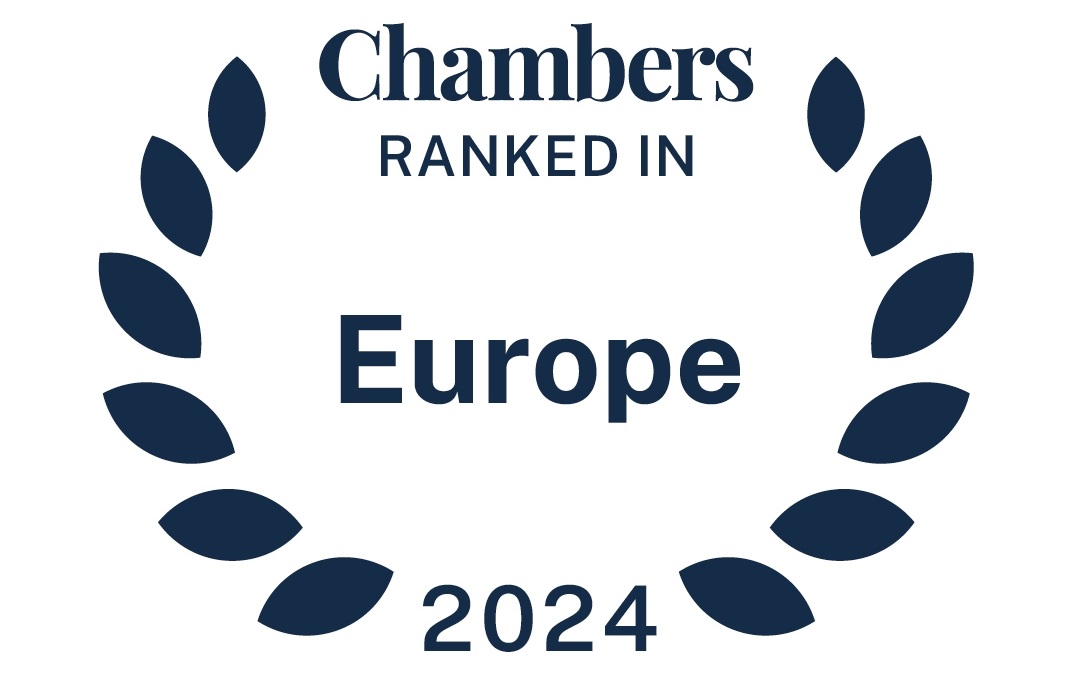The final FSR Guidelines, adopted on January 9, 2026, do not expand the Commission’s legal powers under the Foreign Subsidies Regulation (Regulation (EU) 2022/2560). What they do offer is a more calibrated, and more operational, statement of enforcement intent, particularly around when the Commission may require prior notification of otherwise non notifiable deals or tenders.
Click here to read the full [...]
Continue Reading





